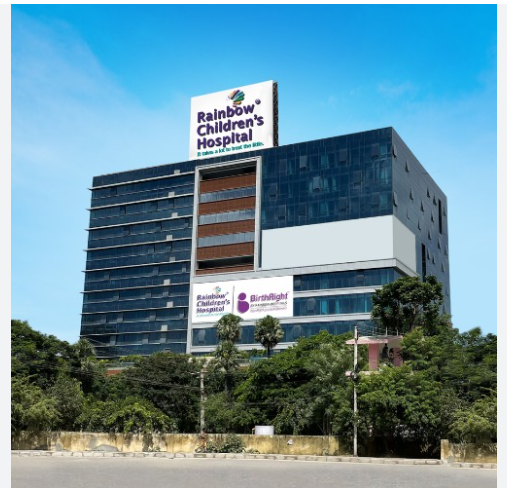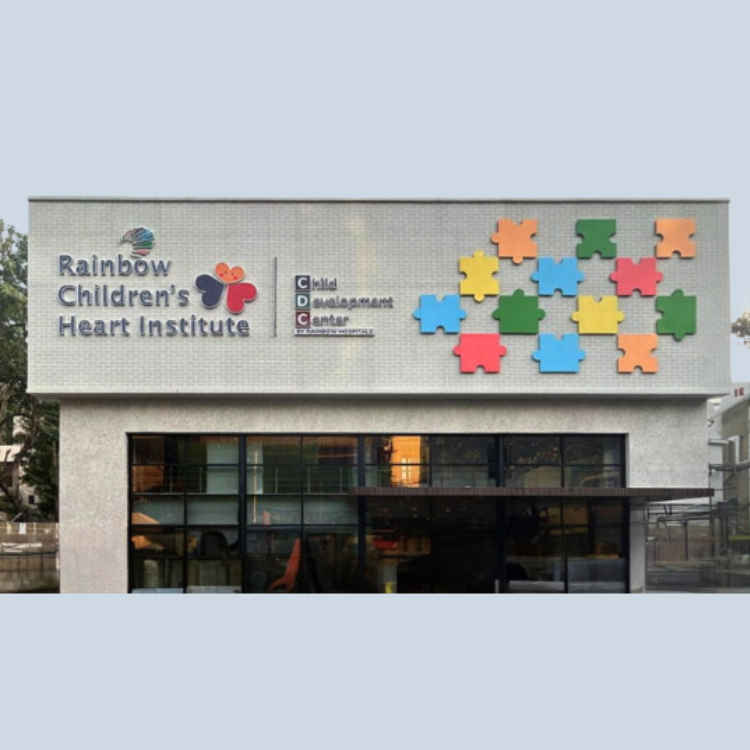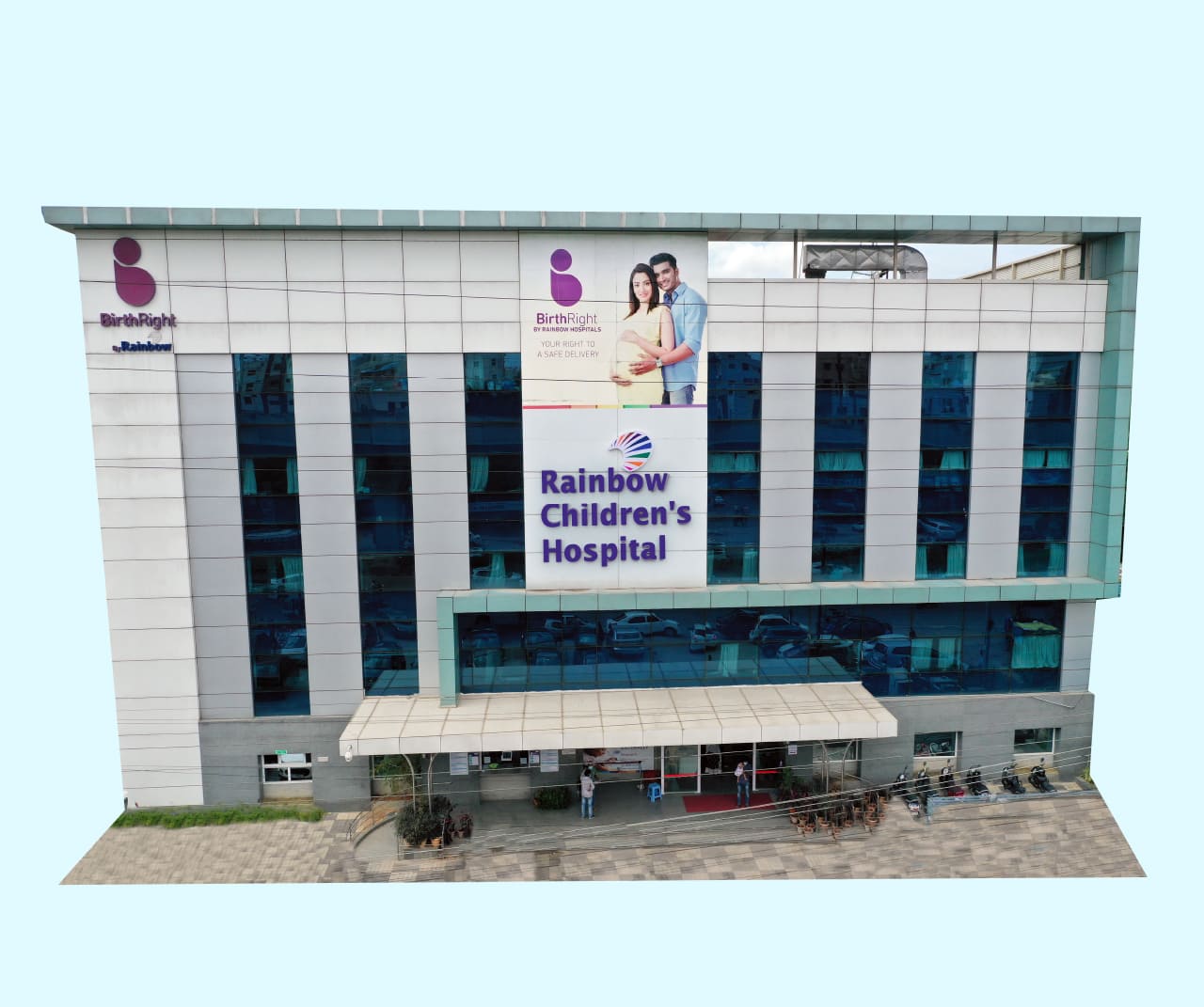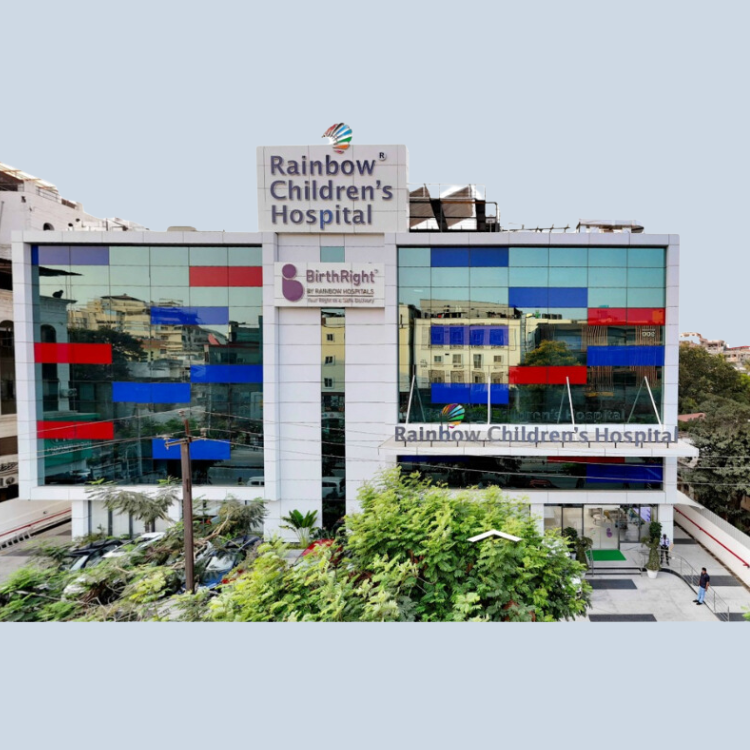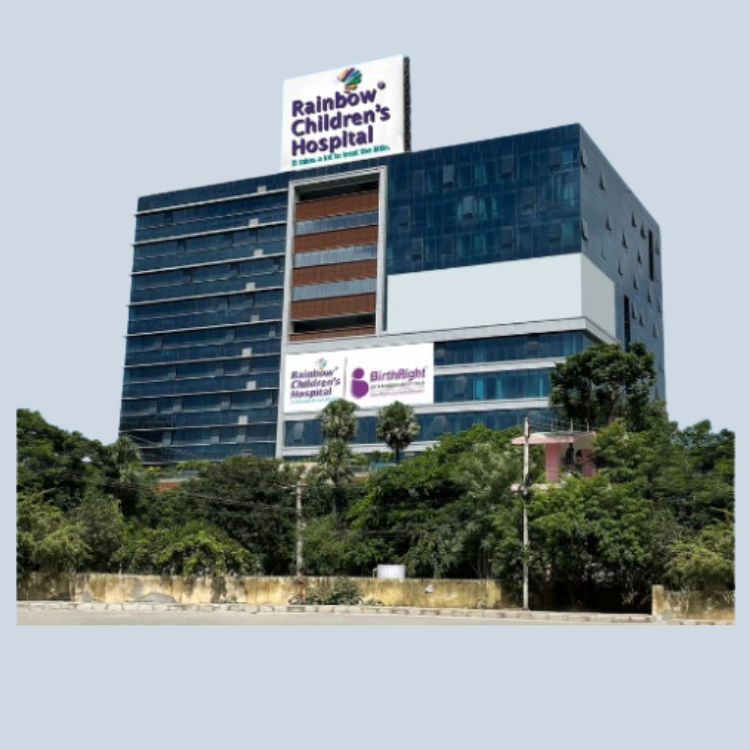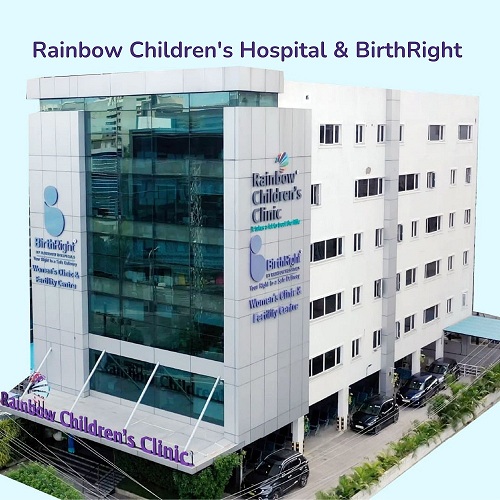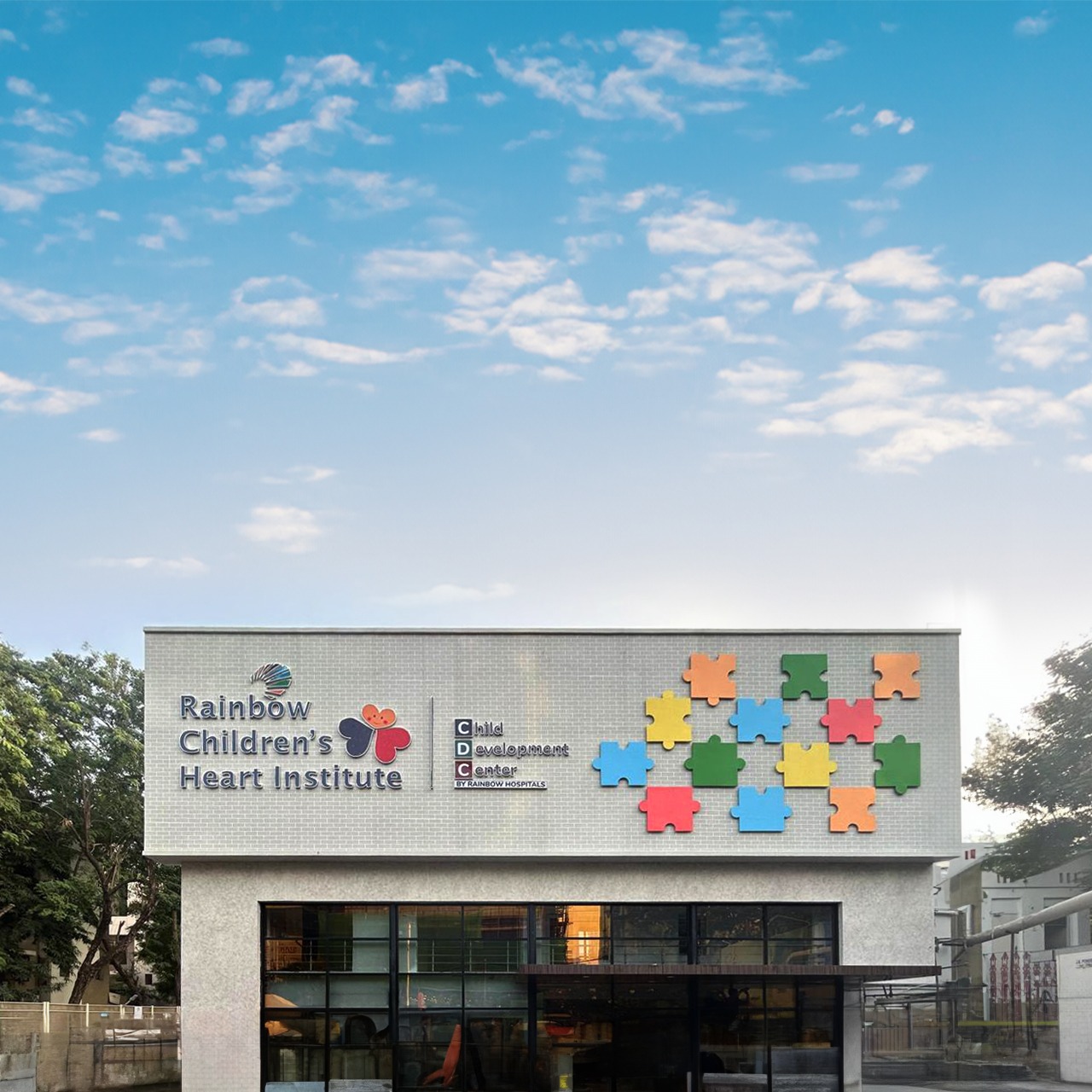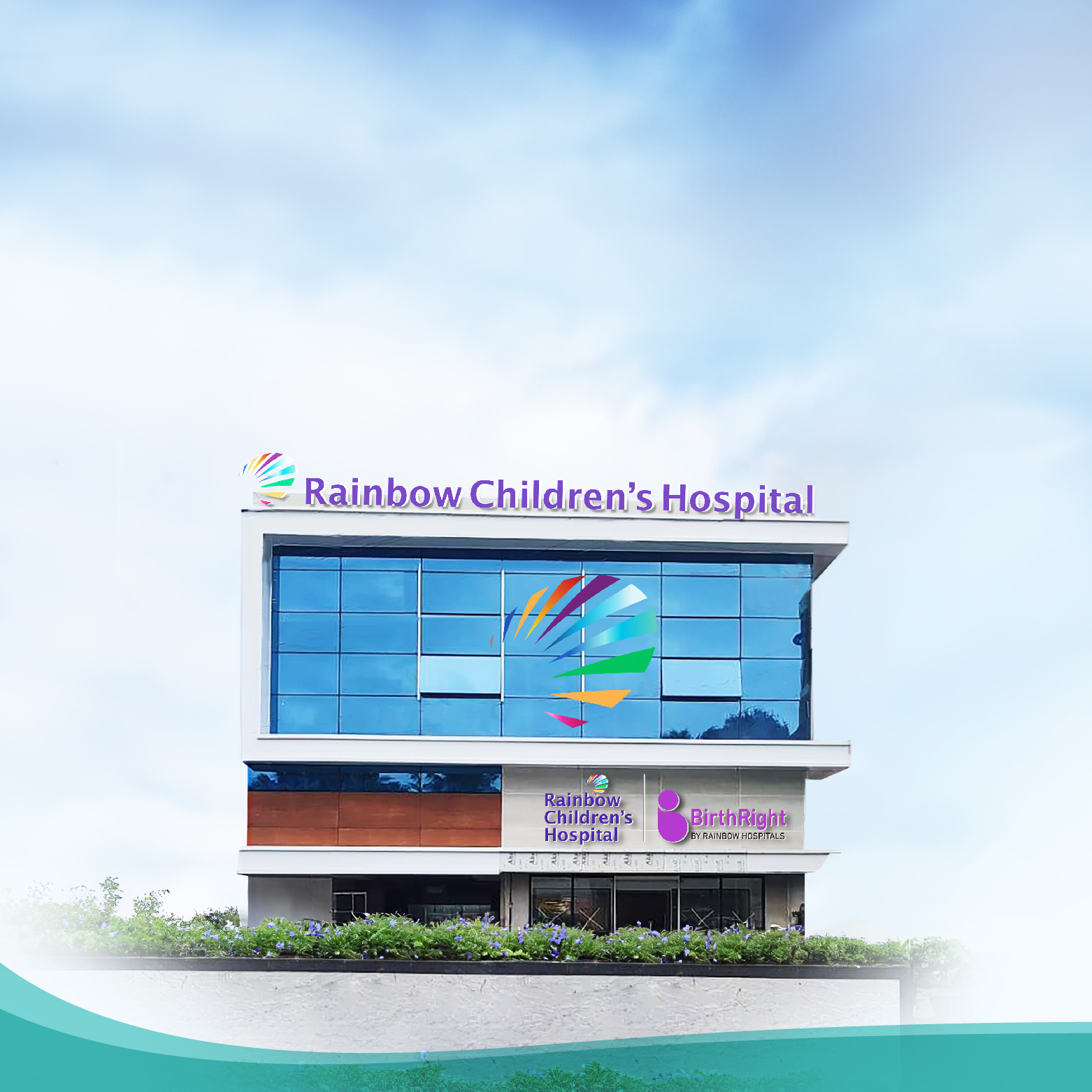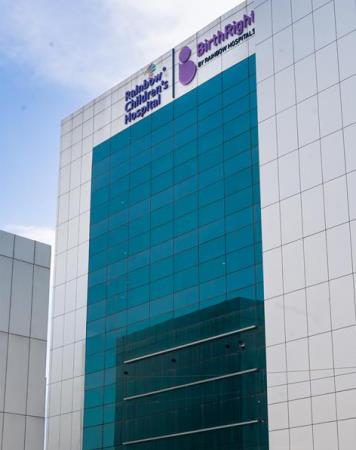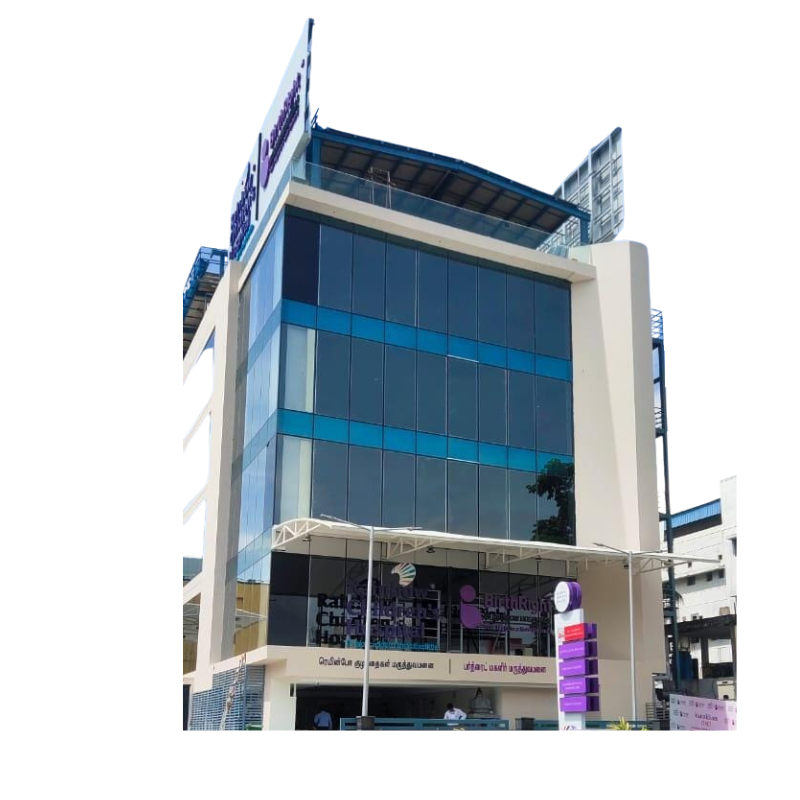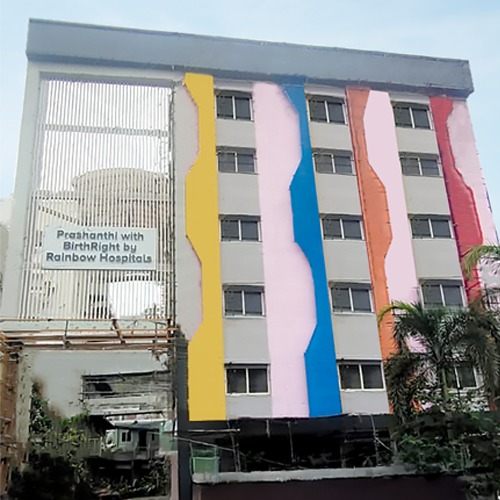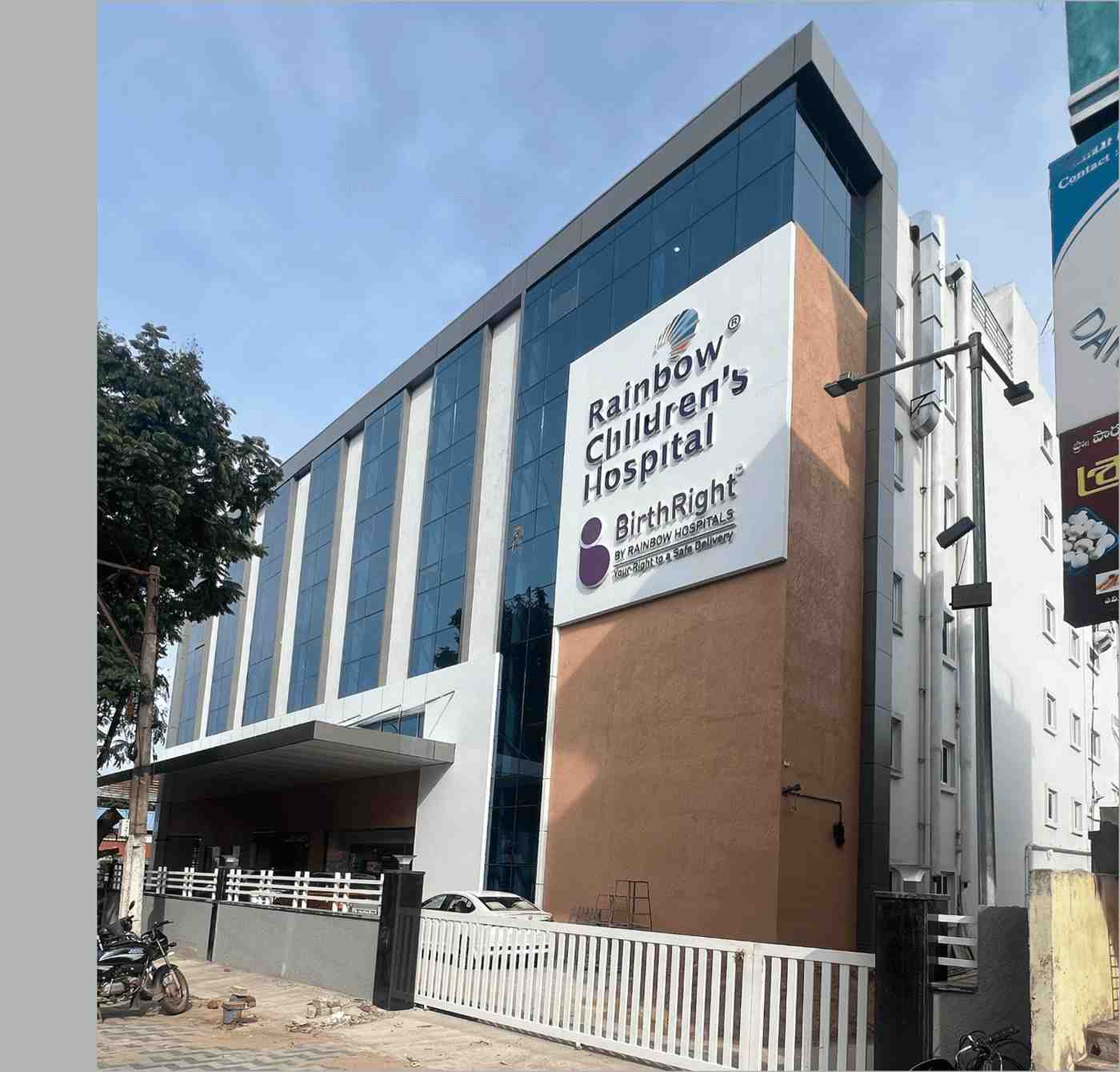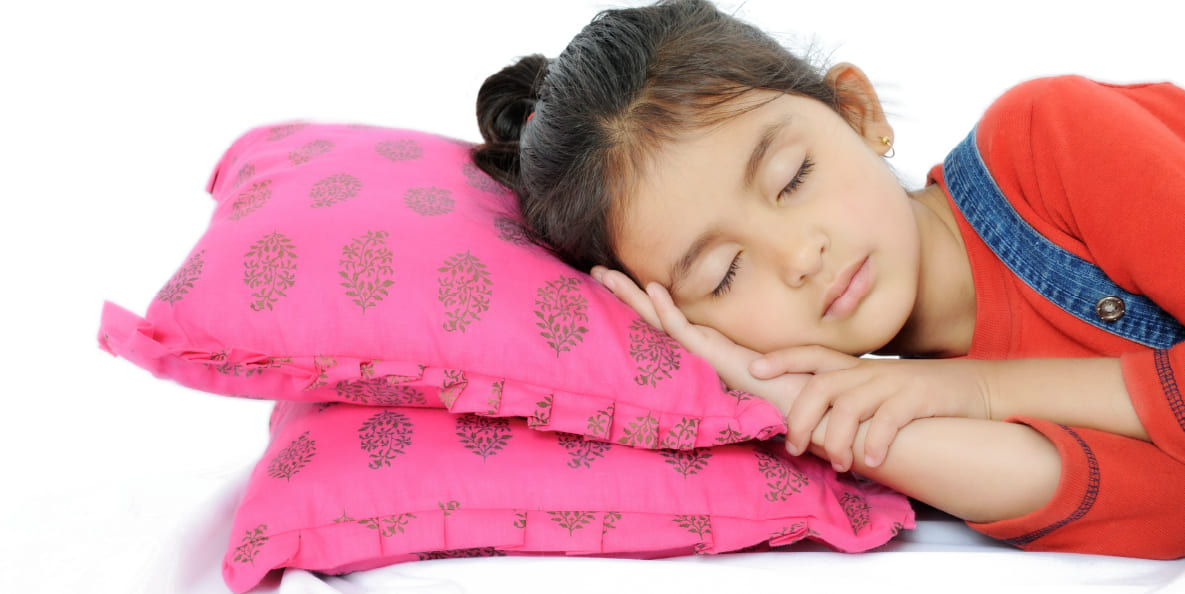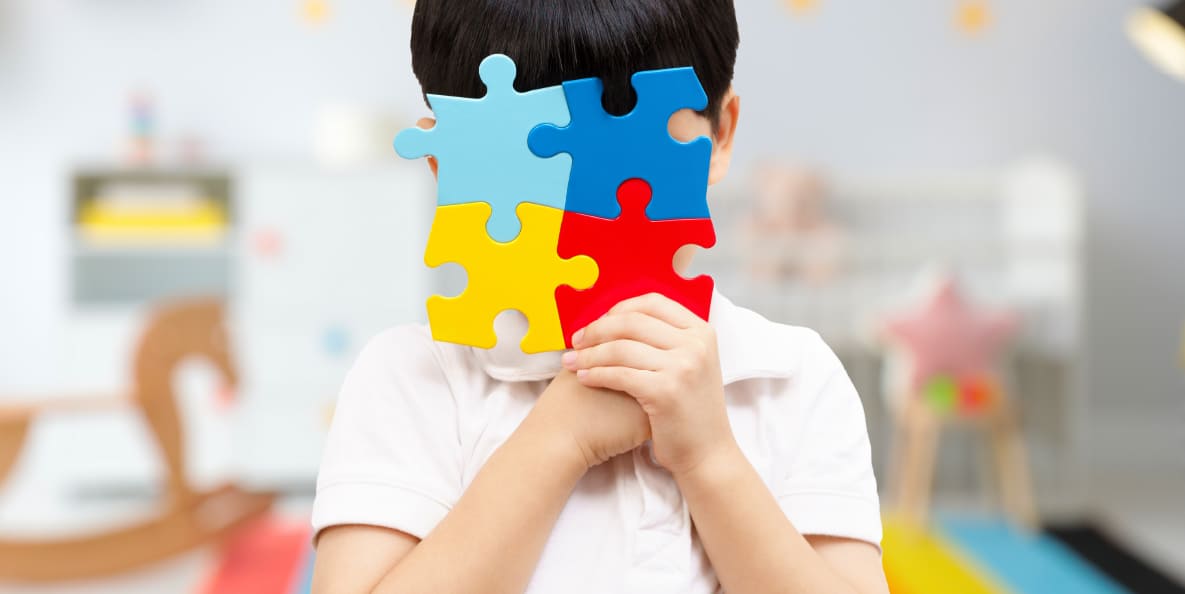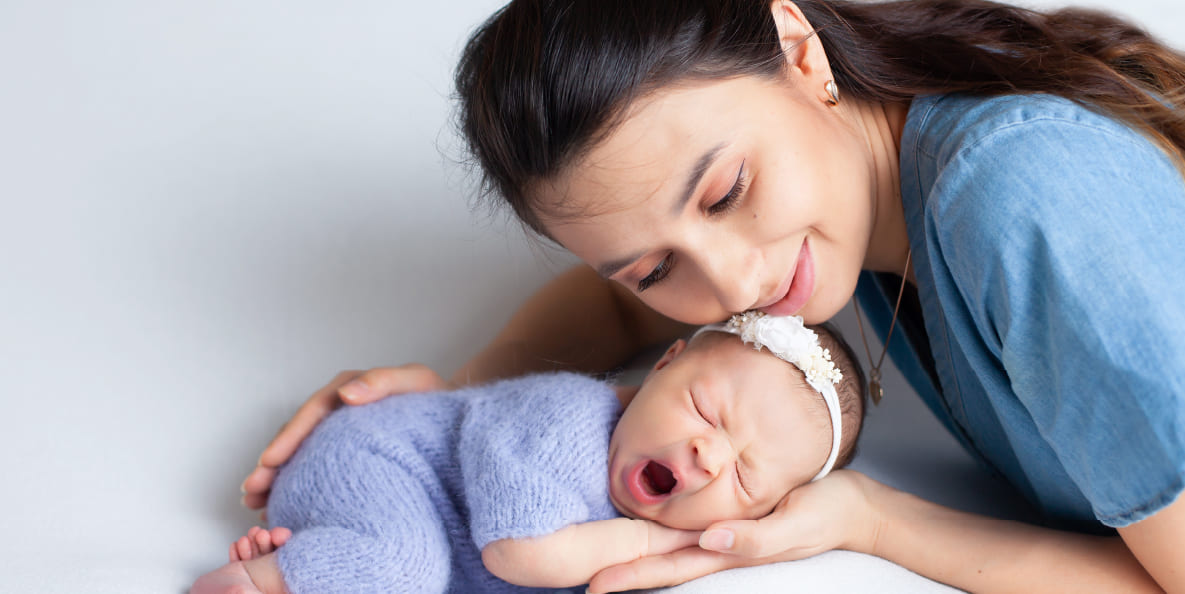Celiac Disease in Children, Vizag

Leading Hospitals
Rainbow Children's Hospital stands as a testament to the hospital's continual pursuit of excellence and innovation, providing specialized care for women and children.
FAQs
What Is Celiac Disease in Children?
Celiac Disease is an autoimmune disorder triggered by gluten consumption, causing damage to the small intestine and interfering with nutrient absorption. In children, this can lead to various gastrointestinal symptoms and nutritional deficiencies.
What Are the Common Symptoms of Celiac Disease in Children?
Children with Celiac Disease may experience abdominal pain, diarrhea, bloating, weight loss, fatigue, irritability, delayed growth, and skin rashes. However, symptoms can vary widely among individuals.
How Is Celiac Disease Diagnosed in Children?
Diagnosis involves blood tests to check for specific antibodies related to Celiac Disease and may also include an intestinal biopsy to confirm the presence of damage to the small intestine. It's important not to start a gluten-free diet before diagnosis, as it may affect test results.
Is Celiac Disease Curable in Children?
Currently, there's no cure for Celiac Disease. However, the condition can be managed effectively through strict adherence to a gluten-free diet. Avoiding gluten-containing foods helps alleviate symptoms and prevents intestinal damage.
Can Celiac Disease Develop at Any Age in Children?
Celiac Disease can manifest at any age, including infancy, childhood, adolescence, or even later in adulthood. It can sometimes appear after a triggering event, such as surgery, pregnancy, or a stressful situation.
What Is Bipolar Disorder in Children?
Bipolar Disorder in children involves extreme mood swings, including periods of intense emotional highs (mania or hypomania) and lows (depression), impacting their behavior, energy levels, and ability to function.
What Are the Signs and Symptoms of Bipolar Disorder in Children?
Symptoms can vary widely but may include mood swings, irritability, extreme changes in energy and activity levels, sleep disturbances, impulsive behavior, and difficulty concentrating.
How Is Bipolar Disorder Diagnosed in Children?
Diagnosis involves a thorough evaluation by mental health professionals, including psychiatrists or psychologists. They assess the child's symptoms, family history, and behavior to differentiate Bipolar Disorder from other conditions.
What Treatments Are Available for Children with Bipolar Disorder?
Treatment may involve a combination of medications, such as mood stabilizers or atypical antipsychotics, and psychotherapy, such as cognitive-behavioral therapy (CBT) or family therapy, to manage symptoms and improve functioning.
Can Bipolar Disorder in Children Be Cured?
Bipolar Disorder is a chronic condition without a known cure. However, with proper treatment, children can manage their symptoms effectively and lead fulfilling lives. Regular therapy, medication adherence, and lifestyle adjustments play key roles in managing the condition.







